There are various ways to travel from one place to another. Cycles, buses, cars, trains and aeroplanes are some of the common modes of transportation each serving specific purposes. Kids start to learn about them as parents bring similar toys or travel for vacations. This fascination can develop into interest and can become a huge part of their childhood. Let us understand in detail about them.
Toddlers rely on their parents to take them around before they can walk. As they grow older, kids often play with toy cars, driving them around the house, which helps improve their understanding of space. Eventually, many children take to bicycles for fun adventures with family and friends.
Understanding different types of transportation comes easily to young children. However, it is not just about knowing the names of vehicles. It is also important to learn about their specific purposes. Now let us dive into different types of transportation.
Types of Transportation
Mode of transportation is divided into a broad range of 3 categories. They are land, water and air.
Land Transportation
This mode of transportation can be divided into two categories. They are roadways and railways.
Roadways
- Cars
- Bicycles
- Taxis and Autos
- Motorcycles and Scooters

Cars are the four-wheelers that are the most popular way to travel on roads.
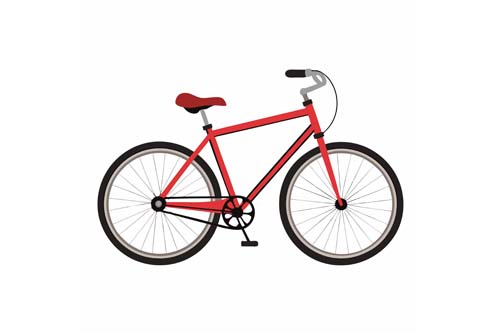
Bicycles are simple, eco-friendly two-wheelers that have pedals.
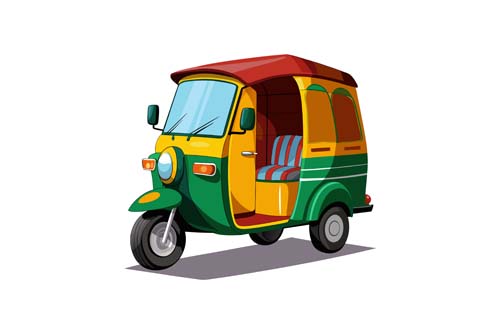
These are the vehicles that transport people from one place to another, for money. Ride-sharing services, such as Uber and Lyft, allow private car owners to give rides for a fee. Additionally, there are local options like taxis and three-wheeled vehicles, including autos and tuk-tuks.

Two-wheeler motor vehicles are faster than bicycles. They are famous for their ability to navigate easily, especially in busy traffic.
Railways
As the name suggests the vehicle moves on rail tracks.
- Passenger Trains
- Light Rail and Trams
- Metro or Subway Systems
- Monorails

Trains that carry people from one location to another. The different types of trains include Intercity and High-speed Trains, Commuter Trains, Regional and Local Trains, and Tourist or Heritage Trains. They are also a popular way for kids to experience high-speed travel.
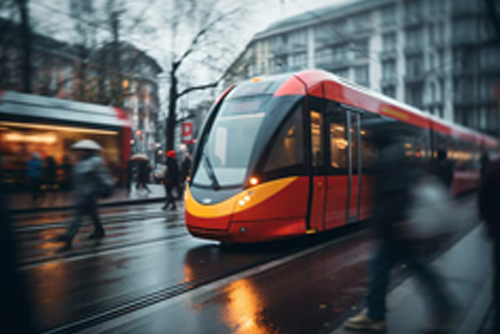
Light rail is a type of city transportation that usually travels on both regular streets and special tracks. Trams are an example of light rail that mainly operates on tracks at street level.

Metro or subway systems are designed to move a large number of passengers in big cities. They are high-capacity trains that operate on special underground or overhead tracks, away from regular road traffic.
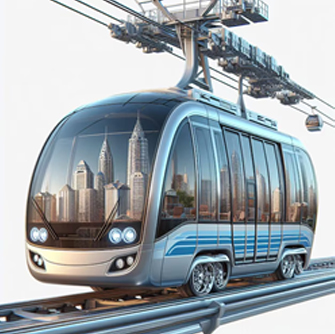
These trains travel on one rail, commonly found in locations such as airports or theme parks.
Water Transportation
Waterways are one of the oldest types of transportation and play a vital role even in today’s world. Ships and boats that travel on water and submarines that travel underwater are all a part of water transportation.
- Ships and Boats
- Ferries
- Submarines

Ships are mainly used for travelling long distances and moving large amounts of goods. Boats, which are smaller than ships, are flexible and are widely used. They can be seen on rivers, lakes, and oceans for activities such as fishing, recreation, or local transport.
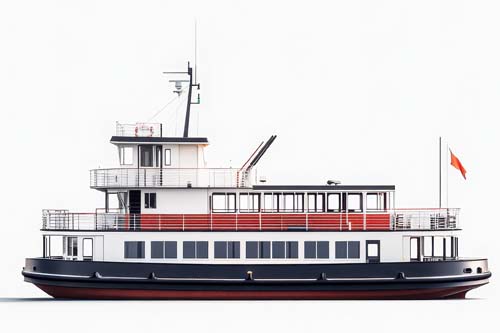
Ferries carry people, cars, and goods over rivers and short sea routes. They can be a thrilling and enjoyable experience for kids, making them popular for school trips.
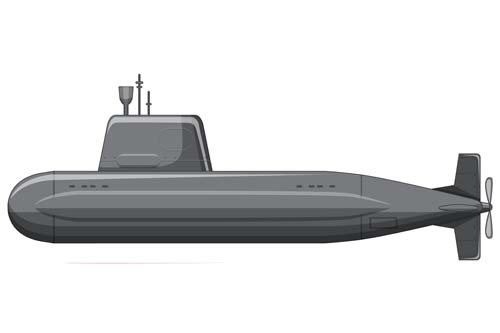
Submarines can operate underwater. They may include military ships or, in some instances, luxury or research boats.
Air Transportation
- Aeroplanes
- Helicopters
- Hot Air Balloons
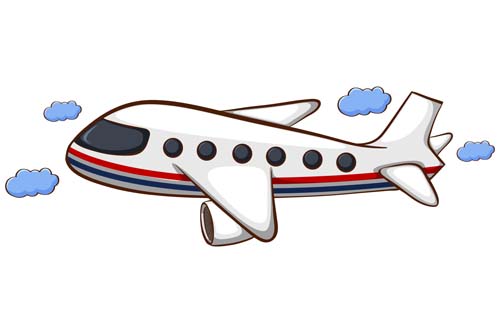
Aeroplanes vary in shape and size, made for different purposes and distances.
There are large aeroplanes you might fly on for holidays or business trips called commercial aeroplanes. Examples include the Boeing 747, Airbus A320, and the modern-day Dreamliner.
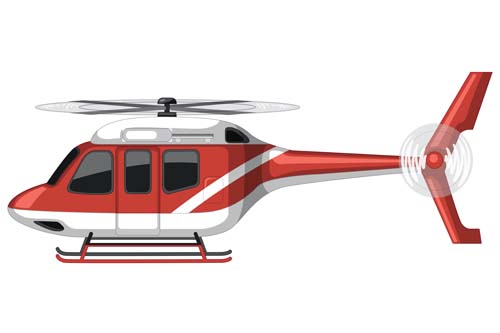
Helicopters can take off and land straight up and down, unlike aeroplanes that need a runway. This ability makes them ideal for rescue missions, medical situations, or moving people and supplies to difficult locations.

Hot air balloons are one of the oldest types of air travel. The basic idea is that hot air goes up inside the balloon and it rises, taking passengers along with it.
Types of Transportation – Examples
AirWays | WaterWays | LandWays |
Aircraft | Bathyscaphe | Ambulance |
Crop Duster | Cargo Ship | Auto Rickshaw |
Helicopter | Dinghy | Bicycle |
Hydroplane | Ferry | Compact Car |
Jetpack | Galleon | Wagon |
Jet | Ice Boat | Convertible |
Airbus | Ketch | Crane |
Concorde | Ocean Liner | Delivery Van |
Hang-glider | Oil Tanker | Dray |
Ropeway | Row Boat | Dump Truck |
Biplane | Sail Boat | Earth Mover |
Glider | Warship | Excavator |
Cargo Plane | Cabin Cruiser | Fire Engine |
Fighter Jet | Tanker | Garbage Truck |
Blimp | Banana Boat | Limousine |
Parachute | Windsurfer | Lorry |
Hot Air Balloon | Air Boat | Jeep |
Rocket | Kayak | Recycling Truck |
Space Shuttle | Speed Boat | Double Decker Bus |
Trawler | Trailer | |
Cruise | Minibus | |
Submarine | Race Car | |
Catamaran | Trains | |
Barge | Snowmobile |
Learning about types of transportation for kids – Importance
Learning about various modes of transportation early is important because it helps children build key skills like understanding space, cause and effect, and basic physics through play. It also introduces them to different types of transportation and road safety, letting them understand how vehicles work and relate to their surroundings in the future.
Modes of Transportation – Activities
- Vehicle Shapes
- Paper Aeroplanes
- Paper Boats
It is fun to explore the different kinds of vehicles we can create using simple shapes like triangles, squares, circles, and rectangles. Kids can cut these shapes from paper and put them together to make their own vehicles.
Make paper aeroplanes. Let your kids decorate them with bright colours. Throw them in the air and watch them fly. Turn it into a fun game to see whose plane goes the highest or the farthest.
Make boats with paper. Fill a bucket with water. Tell your kids to place the boats on top. This will teach them about floating and why some things stay on the surface.
Conclusion

Understanding different types of transportation is essential for children as it helps them develop important skills and knowledge about their environment. Engaging in activities related to vehicles enhances their learning experience and fosters creativity.
For more such informative/interesting blogs, Visit Mother’s Pet Kindergarten.


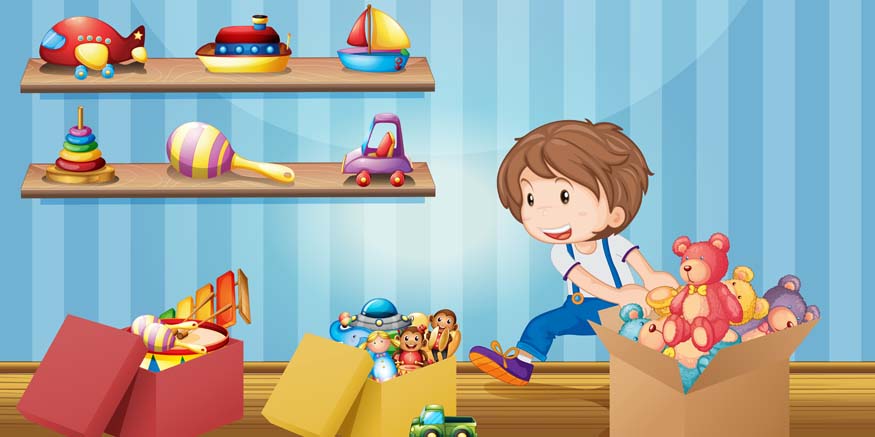
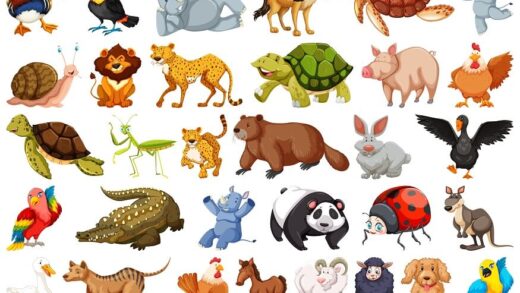
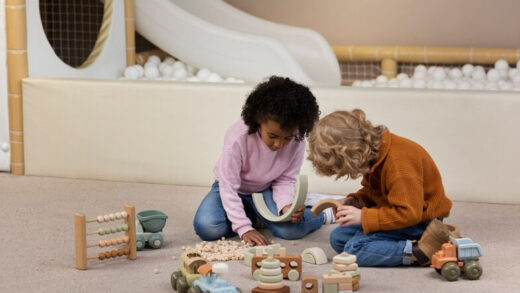


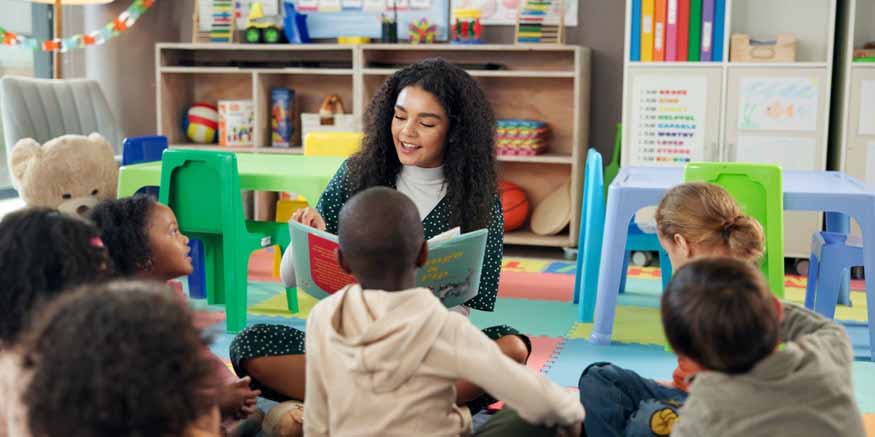
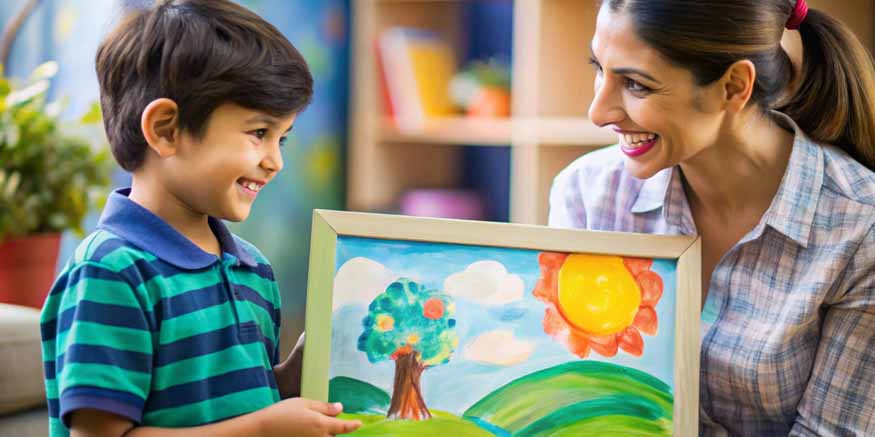
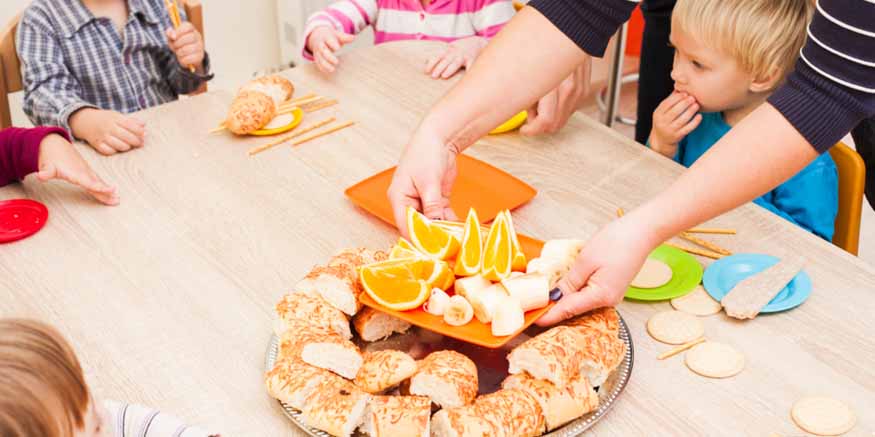

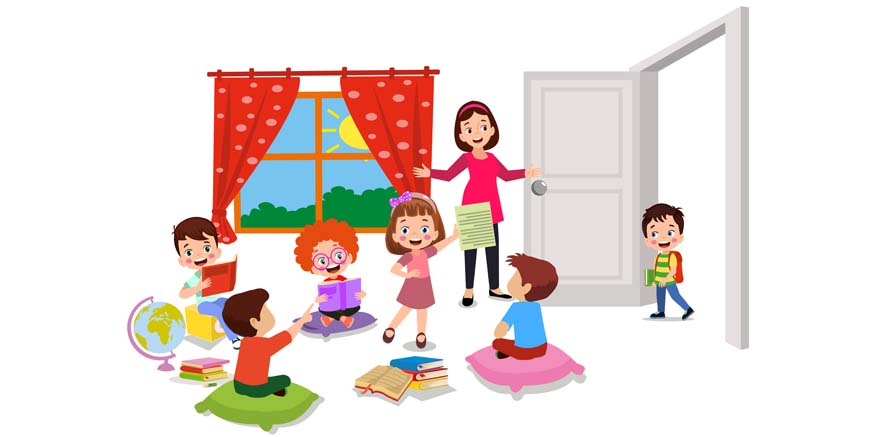
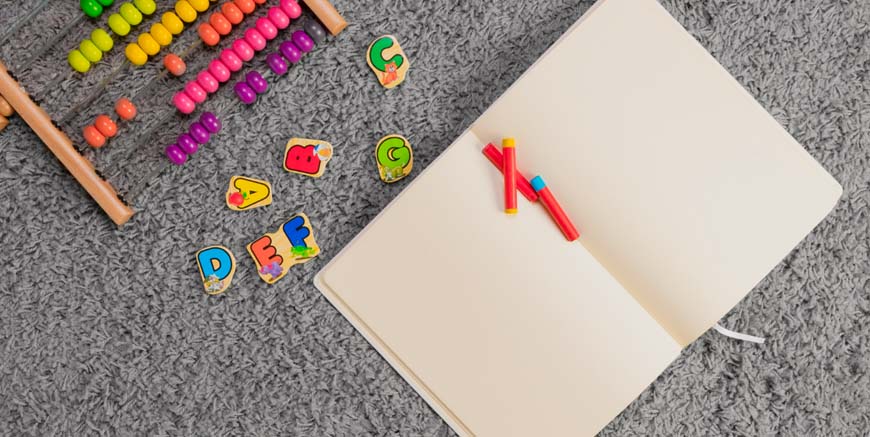
Recent Comments